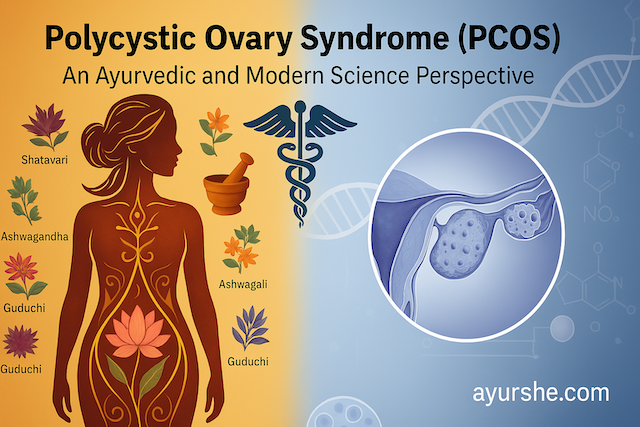Postpartum Depression in New Mothers
Introduction Motherhood is often described as the most blissful phase of a woman’s life. Yet, for many women, the postpartum period brings overwhelming emotional and physical challenges. Beyond the expected tiredness and hormonal shifts, some mothers experience postpartum depression (PPD)—a serious condition marked by sadness, hopelessness, irritability, and loss of connection with the baby. Globally, […]
Postpartum Depression in New Mothers Read More »




